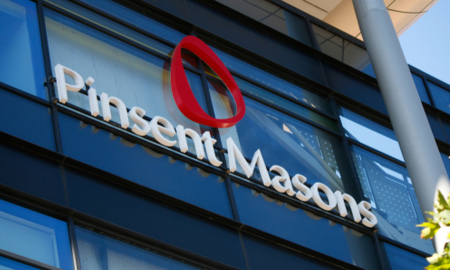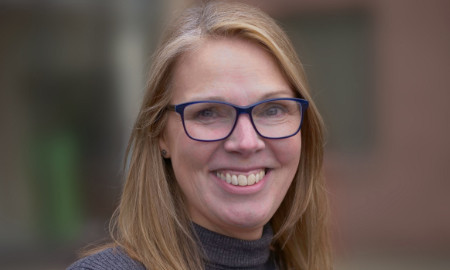Sign up for our free daily newsletter
YOUR PRIVACY - PLEASE READ CAREFULLY DATA PROTECTION STATEMENT
Below we explain how we will communicate with you. We set out how we use your data in our Privacy Policy.
Global City Media, and its associated brands will use the lawful basis of legitimate interests to use
the
contact details you have supplied to contact you regarding our publications, events, training,
reader
research, and other relevant information. We will always give you the option to opt out of our
marketing.
By clicking submit, you confirm that you understand and accept the Terms & Conditions and Privacy Policy
There is no doubt that a career in the law is competitive and demanding, not least for junior solicitors. While the challenge of maintaining good mental health has always been an issue in the sector, this has been brought to the fore since the global pandemic. LawCare, the mental health and wellbeing charity for legal professionals, reported a 24% increase in the number of people contacting it last year. It also reported that, of those suffering from mental health issues, fewer than 50% were prepared to talk about it at work, due to fear of stigma and resulting career and financial implications.
There is clearly much more to be done and the need for safe spaces and supportive mentors in the workplace has never been greater. Establishing a genuine support structure can significantly impact the development of lawyers, enabling them to thrive when facing the inevitable challenges, high expectations and constant demands that come with the territory.
Safe spaces
A safe space is an environment where individuals feel comfortable expressing their thoughts, concerns and emotions, without fear of judgement or repercussions. It can be a physical space but more often it is metaphorical, representing an environment that facilitates open and honest conversations where individuals can share advice and perspectives. Lawyers need safe spaces to be able to test, challenge and seek guidance.
In a law firm, a safe space may manifest as a partner or mentor taking some time out of their day to listen and provide support without the distraction of pinging smartphones or laptops. These types of conversation build trust and promote transparency. They give juniors the space they need to discuss working boundaries, wellbeing concerns and any special arrangements they may need to help them succeed. They are also key to having difficult conversations, discussing role expectations and ensuring that important constructive feedback is heard and understood.
Mentoring
A mentoring relationship can be invaluable in aiding mental and emotional wellbeing when conducted effectively. It is often said that a problem shared is a problem halved. Talking about a problem or issue with someone else can lead to finding solutions or feeling supported, thus lightening the load.
Mentors are particularly beneficial for junior lawyers. They are not there to provide technical advice but to encourage, provide support, signposting and career guidance. They can provide a space for juniors to discuss their goals, obstacles, boundaries and what support they need in overcoming challenges. Mentors invariably report that they also learn and develop a great deal from these meaningful relationships, which may not otherwise have been built.
Peer networks
While a firm’s culture is key in shaping a lawyer’s experience, safe spaces and mentor relationships can also be found beyond the firm, such as in peer networks. Organisations like the London Solicitors Litigation Association encourage the development of lawyer-to-lawyer relationships at all levels – the goal being to drive and support those in the legal profession. The Junior LSLA was set up more than a decade ago to provide a safe space for lawyers to meet, learn and ask “the stupid question” without fear of being judged by a more experienced senior lawyer.
Take action
Now, more than ever, a true commitment to the mental health and emotional wellbeing of lawyers is a non-negotiable for those entering the profession. It is key to retaining talent, fostering trust and enhancing job satisfaction, enabling lawyers to meet their responsibilities and performance expectations.
It is great to see law firms actively promoting mentorship and cultivating open conversations in the workplace. When things go wrong, it is not good enough to say “I had no idea” or “they didn’t tell me they were struggling”. We need to create environments where people feel safe to have difficult conversations.
Lawyers at all levels need a safe working environment, it is the least they can ask for.
Nikki Edwards is a partner at Howard Kennedy and president of the London Solicitors Litigation Association. Avneet Baryan is a senior associate at Mills & Reeve and president of the Junior London Solicitors Litigation Association.
Email your news and story ideas to: [email protected]












